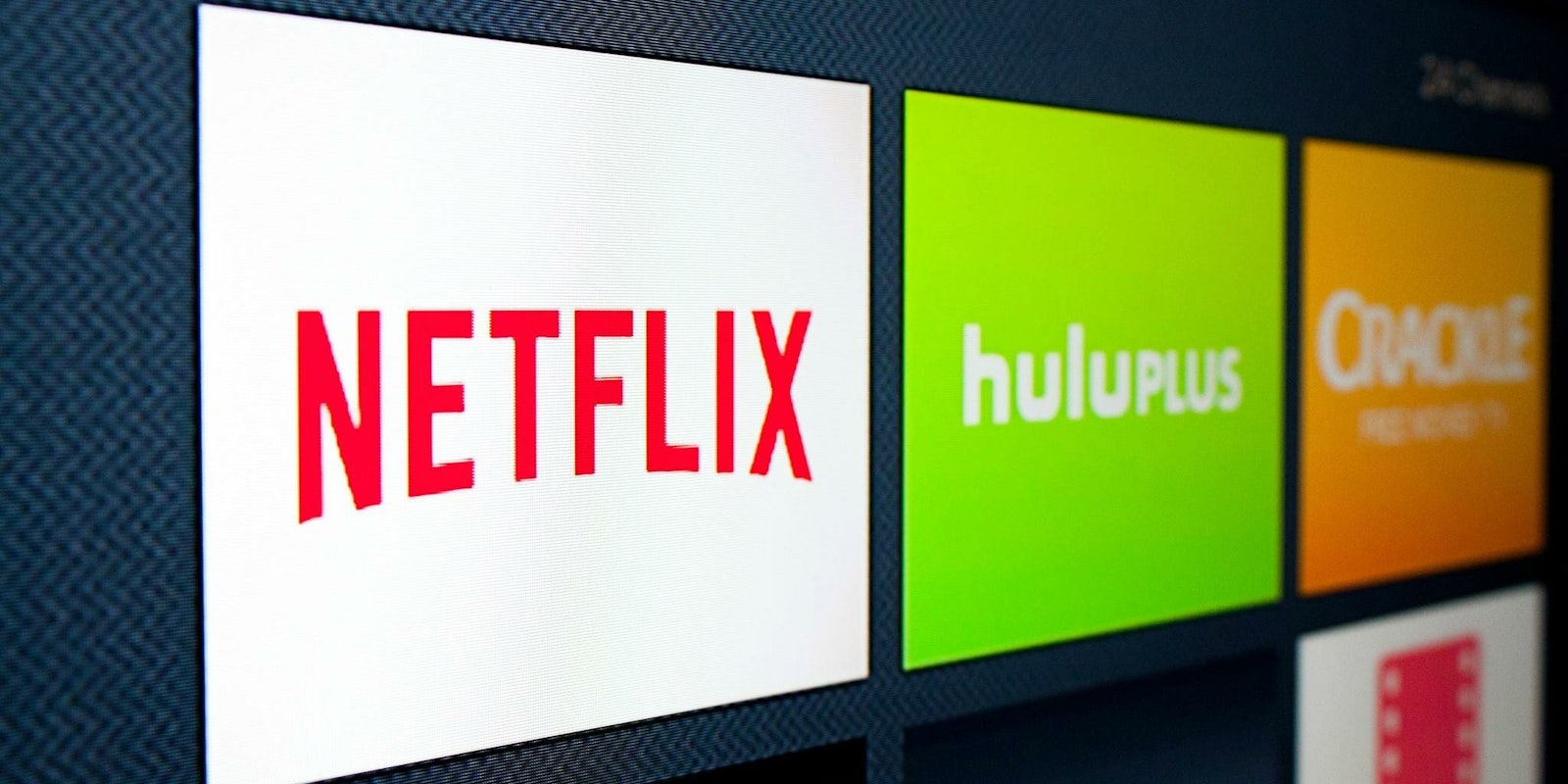Netflix believes that the chip in your credit card, and not competition from other streaming services, is responsible for the company’s falling subscriber numbers and stock price.
In a letter to investors, Netflix CEO Reed Hastings argued that the recent switch to chip-enabled credit cards in the United States—replacing cards with the iconic black stripe on the back—is at least partially to blame for Netflix missing Wall Street’s expectations about its user base.
Hastings didn’t blame the technology itself, but rather the pace of change. Oct. 1 marked the deadline for merchants to upgrade their equipment to accept the chip-enabled cards or be left on the hook for any fraudulent charges that occurred on their old equipment. Meanwhile, credit-card companies have been issuing millions of new cards with new numbers—forcing subscribers to all kinds of services to update their billing information.
It is this shock to the system that Hastings blames. He told investors that, despite Netflix’s repeated and omnipresent warnings, many people haven’t updated their billing information. The company can’t bill them until they provide a valid card number, so they get kicked off the list of active subscribers.
Of course, some Netflix users may have decided to end their subscription intentionally. Netflix did raise the cost of its most popular subscription option (two simultaneous HD streams) by $1 a month earlier in October, sparking a miniature Internet freakout.
There is also significant and growing competition in the streaming-video market. Netflix has lost several major fights for exclusive streaming rights to shows, such as letting Seinfeld go to Hulu. Newer entrants into the market, like Dish’s Sling TV, let subscribers stream live broadcasts—a service that Netflix has never even attempted.
Even if the credit-card swap is to blame—we’ll get a better idea of how true that is when other subscription services start reporting their earnings—that doesn’t mean the switch to chip-enabled cards is a bad thing. The new technology is expected to significantly curb credit-card fraud, which cost $7.1 billion in 2013.
H/T Quartz | Photo via Matthew Keys/Flickr (CC BY 2.0)


